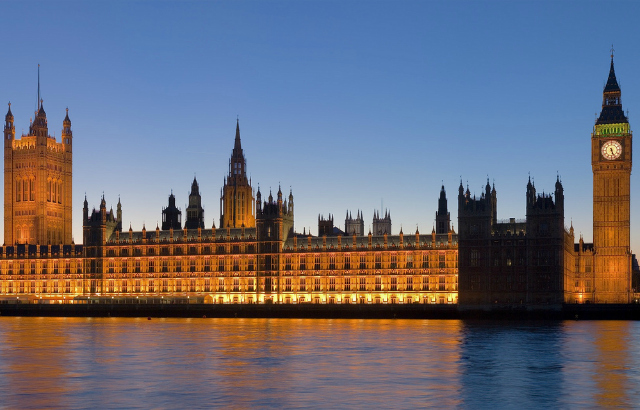When asked ‘what does the EU mean to you personally’, Tory MPs gave overwhelmingly negative responses including ‘bureaucracy' (77 per cent), ‘not enough control at external borders’ (64 per cent), and ‘waste of money’ (46 per cent). Labour MPs are far more positive in their views, associating the EU with ‘freedom to travel, study and work anywhere in Europe’ (82 per cent), 'economic prosperity' (74 per cent), and 'a stronger say in the world' (70 per cent).
These stark differences were also evident when MPs were asked to choose words to describe their feelings about Britain’s membership of the EU. Tory MPs chose ‘uneasy' (69 per cent), and 'angry' (25 per cent), while Labour MPs said ‘hopeful' (64 per cent), and ‘proud’ (42 per cent).
The study found that Tory MPs have relatively high expectations about the importance of David Cameron’s negotiations about the Britain’s future in the EU. More than half (52 per cent) of Tory MPs think that negotiations will produce ‘a great deal’ or ‘a fair amount’ of change. In contrast just five per cent of Labour MPs feel that the negotiations will make a difference.
Professor Tim Bale said: “We wanted to see if MPs views tallied or diverged with the ‘traditional’ party line. What we found was hyper-polarisation, with profound and visceral division between Tory and Labour MPs. Tory heads and hearts are set firmly and resolutely in opposition to the European Union. Labour MPs have a much more benign, positive, and philosophical view of the European project.”
Professor Philip Cowley said: “It is common to talk about Europe as an issue that divides the parties. But the real division in between them. When we ask them about the EU, it is as if they are talking about two completely different organisations.”
- Field work was carried out between 6 November and 18 December 2015
- The study was funded by the ESRC’s The UK in a Changing Europe Initiative, and conducted with its director Professor Anand Menon, King’s College London
- More information available on request



